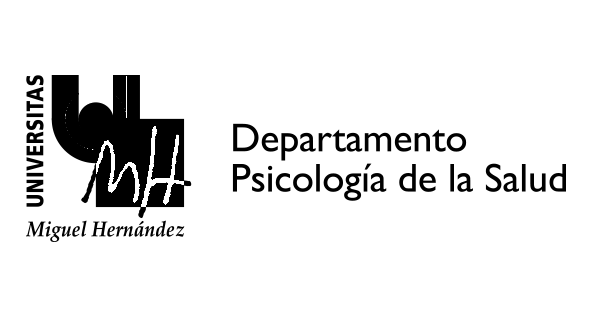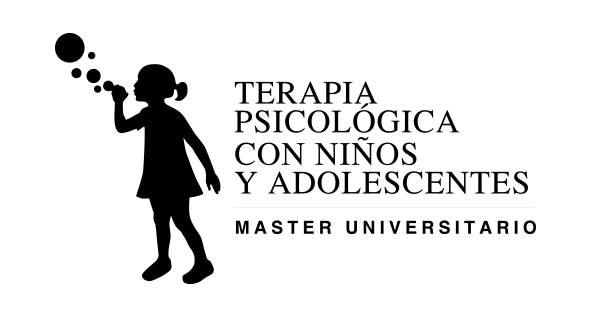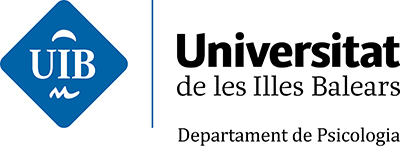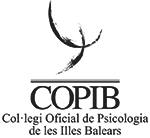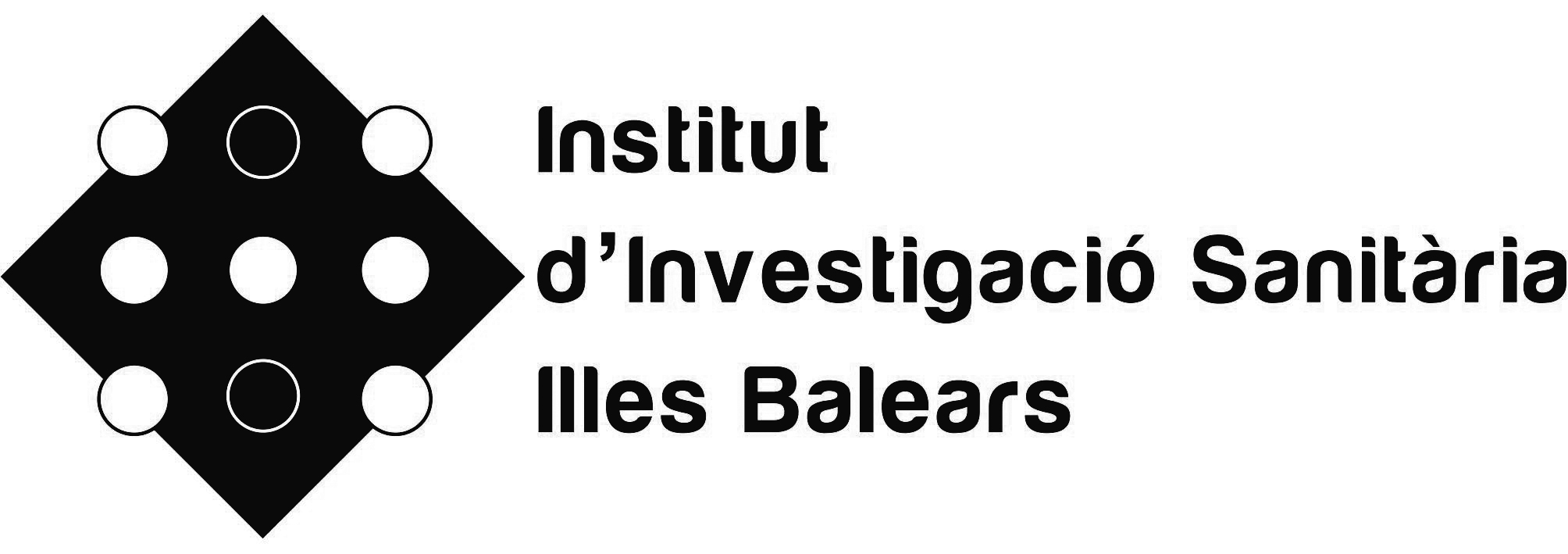Efrat Sher-Censor
University of Haifa, Israel
PARENTS RESOLUTION OF THEIR CHILDS DIAGNOSIS: NOVEL APPLICATIONS IN PEDIATRIC AND DEVELOPMENTAL RESEARCH
Abstract
Parents who receive a diagnosis of a significant medical condition or developmental disability for their child often experience strong emotional reactions such as shock and despair. With time, some parents adapt to the child’s diagnosis, while others experience lack of resolution, showing for example ongoing grief or anger. To assess resolution, Marvin & Pianta (1996) developed the Reaction to Diagnosis Interview (RDI). RDI research across various child diagnoses (e.g., Epilepsy and Autism Spectrum Disorder) shows that parents resolution is associated with attuned caregiving and child’s secure attachment. The papers in this symposium used the RDI to address novel questions. The objective of the first paper is studying whether receiving a diagnosis prior or after childbirth effects parents resolution with the childs cleft lip and palate. This study is among the very few that examined mothers and fathers. It highlights the need to study marital relationships to further understand parents resolution. The second presentation is novel for studying grandparents. It shows that grandmothers social support and marital status may shape their daughters resolution with the grandchilds Cerebral Palsy diagnosis. The third paper addresses the understudied question of child outcomes of parents resolution beyond secure attachment. It suggests that maternal resolution of the childs diagnosis of congenital visual impairment is associated with childrens security as well as more positive and coherent self-perceptions. The final presentation documents psychometric properties of a new self-report, The Reaction to Diagnosis Questionnaire (RDQ). The study included mothers of children with Developmental Delay and mothers of children with Cerebral Palsy who completed both the RDI and the RDQ. This symposium highlights the effects of resolution on child wellbeing and emphasizes that researchers and clinicians should consider the timing of giving a diagnosis to parents and move beyond dyadic models of parent-child relationship.
She has a B.A (Cum Laude) in Psychology and Hebrew Literature; M.A in Developmental Psychology and Ph.D. in Developmental Psychology, the University of Haifa, Israel. She completed her postdoctoral studies with distinguished Professor Ross D. Parke and Professor Scott Coltrane at the University of California, Riverside, USA. Currently, she is a full professor at the University of Haifa, Israel. Furthermore, she is head of the MA committee in the Interdisciplinary Child Development MA; coordinator of the International MA Program in Child Development, at the University of Haifa and a member of the editorial board of Infancy. Sher-Censor published papers in leading peer-review journals, including: Developmental Psychology; Developmental review; Journal of Autism and Developmental Disorders; Journal of Research on Adolescence. Dr. Sher-Censor specializes in parent-child relationships in normative and at-risk populations. Her primary areas of research are:Child and caregiver representations and the interplay between representations and behavior and the Developmental processes across various ecological niches. Her research Projects include: 1) PI The mother-adolescent relationship in immigrant families of adolescents in Israel; 2) Co-PI (with Tuppett M. Yates, PI) – A longitudinal study of the effects of the mother-child relationship on child development from preschool to adolescence among ethnic minority families in South California (Funded by The National Institute of Child Health and Human Development and The US National Science Foundation) and 3) PI (with Smadar Dolev) A longitudinal study of the effects of teacher-child relationship on child socio-emotional and cognitive outcomes in special education kindergartens serving children diagnosed with Developmental Delay.




